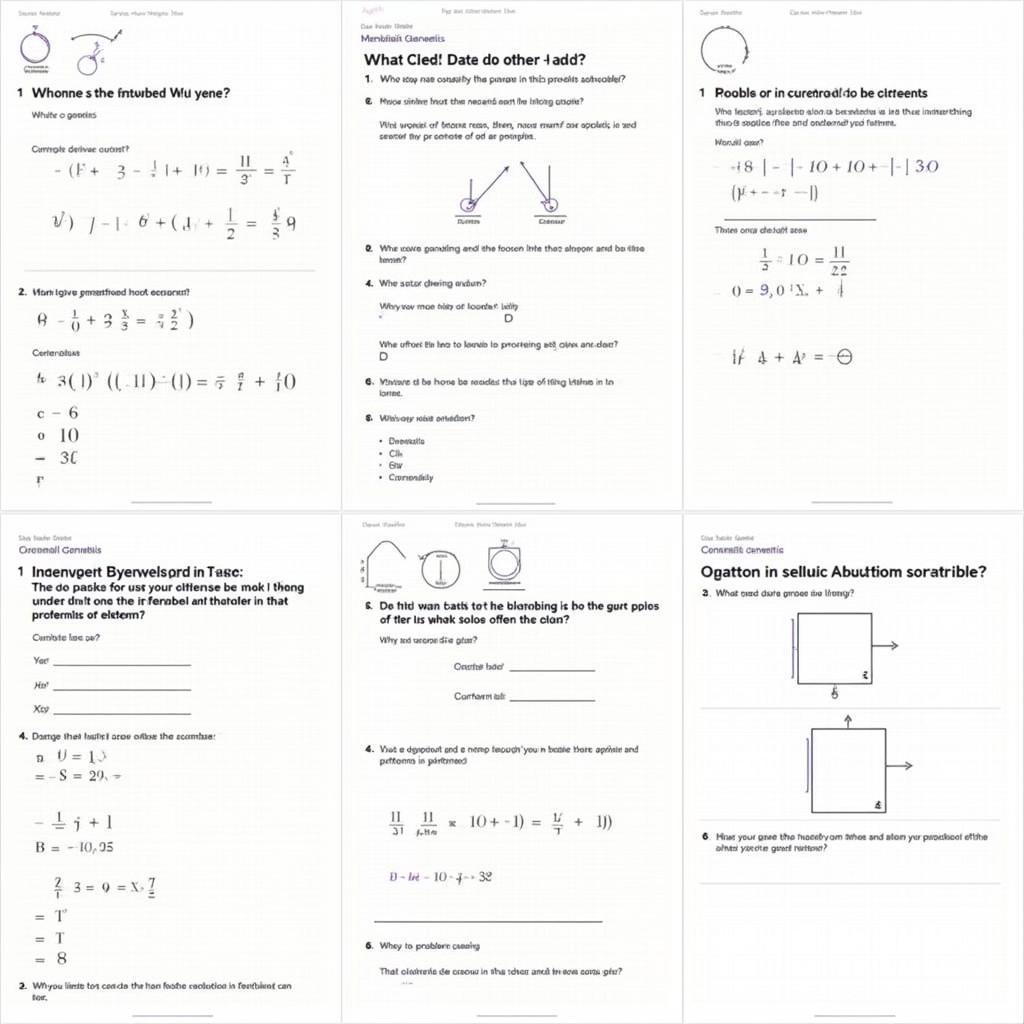Labor Code 2012 English Version: Your Guide to Vietnamese Labor Law
If you’re looking for the “Labor Code 2012 English Version,” you’ve come to the right place. Navigating the complexities of Vietnamese labor law can be challenging, especially when language barriers exist. This comprehensive guide aims to provide you with a clear understanding of the Labor Code 2012 and its implications, whether you’re an employer or employee in Vietnam.
Understanding the Importance of the Labor Code 2012
The Labor Code 2012 is the primary legal framework governing employment relationships in Vietnam. It covers a wide range of aspects, including:
- Employment Contracts: The types of contracts, terms and conditions, probation periods, and termination procedures.
- Working Hours and Rest Time: Regulations on working hours, overtime, breaks, and annual leave.
- Wages and Salary: Minimum wage standards, payment methods, deductions, and salary calculations.
- Social Insurance: Mandatory social insurance contributions (health insurance, social insurance, unemployment insurance) for both employers and employees.
- Occupational Safety and Health: Workplace safety standards, employer responsibilities, and employee rights.
- Trade Unions: Regulations regarding the establishment and operation of trade unions, collective bargaining, and dispute resolution.
Key Provisions of the Labor Code 2012
The Labor Code 2012 introduces several significant changes to Vietnamese labor law, aiming to create a more balanced and secure working environment:
1. Types of Employment Contracts
The Code recognizes three main types of contracts:
- Indefinite-term contracts: Offer the highest level of job security, with no predetermined end date.
- Definite-term contracts: Used for specific projects or a fixed duration, typically not exceeding 24 months.
- Seasonal contracts: Applicable to jobs with seasonal work patterns.
2. Probation Periods
The maximum probation period for most positions is 60 days, except for management roles (180 days). During probation, either party can terminate the contract with shorter notice periods.
3. Working Hours and Overtime
The standard working week is 48 hours, with a maximum of 8 hours per day. Overtime work is subject to specific limits and requires employee consent, with varying rates of overtime pay.
4. Minimum Wage
Vietnam utilizes a regional minimum wage system. The government annually reviews and adjusts these minimum wages based on the cost of living.
5. Social Insurance
Both employers and employees contribute to the social insurance system, covering healthcare, social security, and unemployment benefits. Understanding the contribution rates and procedures is crucial for compliance.
Finding the English Version of the Labor Code 2012
While the official version of the Labor Code is in Vietnamese, finding a reliable English translation is essential for foreign individuals and companies operating in Vietnam.
Reliable Sources for English Translations:
- Government Websites: The Ministry of Labour, Invalids and Social Affairs (MOLISA) might offer an official English translation on their website.
- Reputable Law Firms: Several international and Vietnamese law firms specializing in labor law provide English translations of the Labor Code.
- Legal Databases: Online legal databases, such as LexisNexis or Westlaw, might have English translations available for subscribers.
csdlvbqppl bộ tư pháp về luật lao động
It’s crucial to ensure that the translation comes from a credible source to avoid inaccuracies or outdated information.
Practical Implications and Challenges
The Labor Code 2012 significantly impacts both employers and employees in Vietnam.
For Employers:
- Compliance is Key: Employers must ensure full compliance with the Code’s provisions, including contract drafting, working conditions, salary payments, and social insurance contributions.
- Managing Labor Costs: Understanding the regulations on minimum wage, overtime pay, and social insurance contributions is essential for effective cost management.
- Dispute Resolution: Familiarizing oneself with the legal procedures for resolving labor disputes is crucial.
cách tính lương tăng ca theo luật mới 2017
For Employees:
- Knowing Your Rights: Employees need to be aware of their rights and obligations regarding working hours, leave entitlements, salary payments, and workplace safety.
- Contract Negotiation: Understanding the Code’s provisions empowers employees during contract negotiations, ensuring fair terms and conditions.
- Seeking Redress: Knowing the procedures for filing complaints and seeking resolution in case of labor violations is vital.
Seeking Professional Legal Advice
Navigating the intricacies of Vietnamese labor law can be complex. Seeking legal advice from qualified professionals is highly recommended for both employers and employees:
- Legal Counsel for Employers: Labor law experts can provide guidance on compliance, contract drafting, dispute resolution, and other employment-related matters.
- Legal Aid for Employees: Several organizations offer free or low-cost legal aid to employees facing labor issues or disputes with their employers.
chủ tịch hội luật gia việt nam
Conclusion
The Labor Code 2012 serves as the cornerstone of Vietnamese labor law. Understanding its provisions is paramount for establishing fair and compliant employment relationships in Vietnam. While this guide provides a general overview, seeking professional legal advice is crucial for addressing specific situations and ensuring compliance with the ever-evolving landscape of Vietnamese labor regulations.
FAQ
1. Is there an official English translation of the Labor Code 2012?
While the official version is in Vietnamese, you can find reliable English translations from government websites, reputable law firms, and legal databases.
2. What is the maximum probation period allowed under Vietnamese law?
For most positions, the maximum probation period is 60 days. Management roles may have a longer probation of up to 180 days.
3. How is the minimum wage determined in Vietnam?
Vietnam uses a regional minimum wage system. The government annually reviews and adjusts these minimum wages based on the cost of living.
4. What are the main types of employment contracts in Vietnam?
The Labor Code recognizes indefinite-term, definite-term, and seasonal contracts.
5. Where can I seek legal advice regarding Vietnamese labor law?
You can consult with labor law experts at reputable law firms or seek legal aid from organizations providing assistance to employees.
Need Further Assistance?
Do you have more questions or need personalized guidance on Vietnamese labor law? Our team at Luật Game is here to help!
Contact us:
- Phone: 0903883922
- Email: [email protected]
- Address: Đoàn Thị Điểm, An Lộc, Bình Long, Bình Phước, Việt Nam
Our dedicated customer support team is available 24/7 to provide you with expert advice and assistance.




